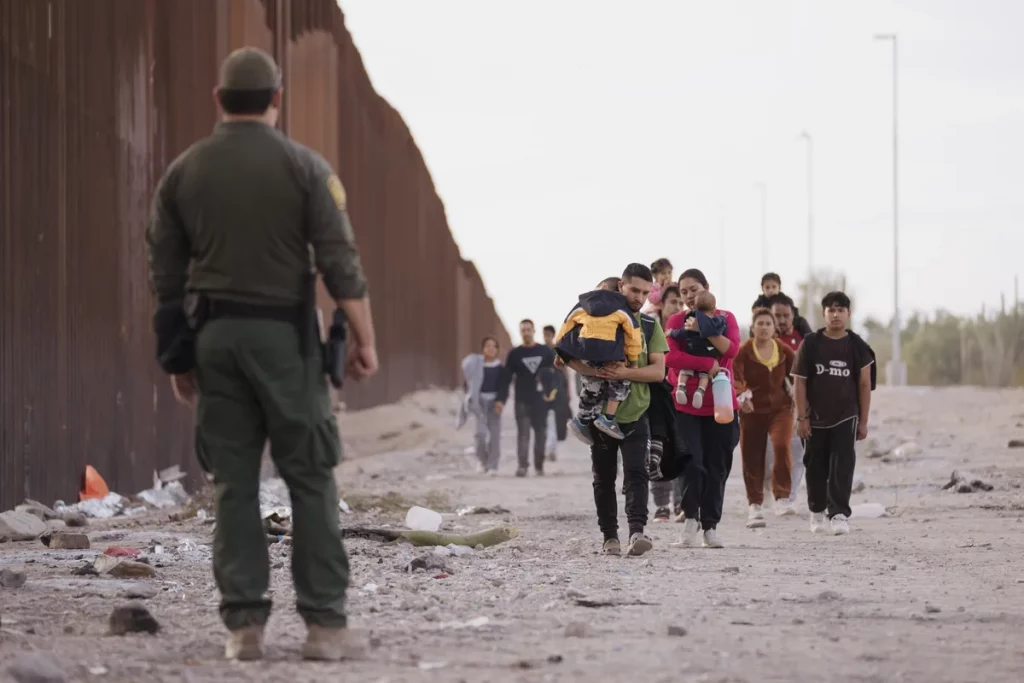Donald Trump has announced an ambitious plan to deport millions of undocumented immigrants from the United States. This initiative, which he describes as the largest deportation effort in the country’s history, aims to remove all individuals living in the U.S. without legal status. Experts estimate that at least 11 million people could be affected. However, many policy analysts believe such a large-scale operation may face significant challenges and is unlikely to achieve its full goal.
Trump’s plan has raised questions due to its lack of detailed explanations. He has stated that the first group targeted will be undocumented immigrants who have committed crimes. This initial focus on individuals involved in criminal activities is intended to address public safety concerns. After dealing with this group, the administration plans to turn its attention to others living in the country without proper documentation.
Tom Homan, who has been appointed as the administration’s border czar, will oversee the deportation efforts. Homan previously served as the acting director of U.S. Immigration and Customs Enforcement (ICE) and has extensive experience in immigration enforcement. According to Homan, the plan will also prioritize individuals who pose threats to national security. This includes those suspected of engaging in activities that could endanger the safety of the nation.
Critics argue that the plan may not be practical due to the sheer number of people involved and the resources required to carry it out. Deporting millions of people would demand significant funding, manpower, and coordination among federal, state, and local authorities. Additionally, the legal process for deportation is often lengthy and complicated, which could further slow down the effort.
Many immigrant advocacy groups have expressed concern about the potential impact of this plan on families and communities. They fear that mass deportations could separate families, leaving children without parents and disrupting lives that have been built over many years. These groups also point out that many undocumented immigrants contribute to the economy and society in meaningful ways, such as working in essential industries and paying taxes.
Supporters of Trump’s plan argue that it is necessary to uphold the rule of law and protect American citizens. They believe that focusing on criminals and security threats is a step in the right direction to ensure public safety. However, the broader goal of removing all undocumented immigrants has sparked debates about whether it aligns with the nation’s values and practical capabilities.
The plan has also raised international concerns, as many of those targeted for deportation come from neighboring countries. Governments in these regions may face challenges in reintegrating large numbers of people into their societies. This could strain resources and create additional economic and social pressures in countries already dealing with various issues.
As Trump’s deportation plan moves forward, its success will depend on how it is implemented and whether it can overcome the many logistical, legal, and ethical challenges it faces. For millions of immigrants, the uncertainty surrounding their future in the U.S. remains a source of fear and anxiety.

